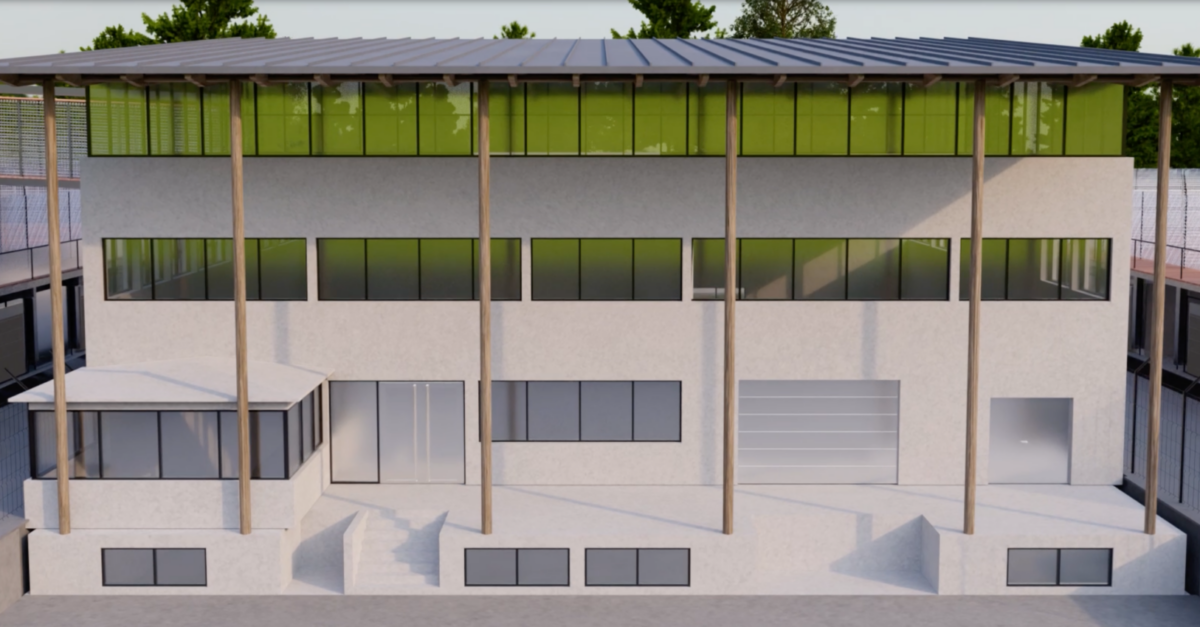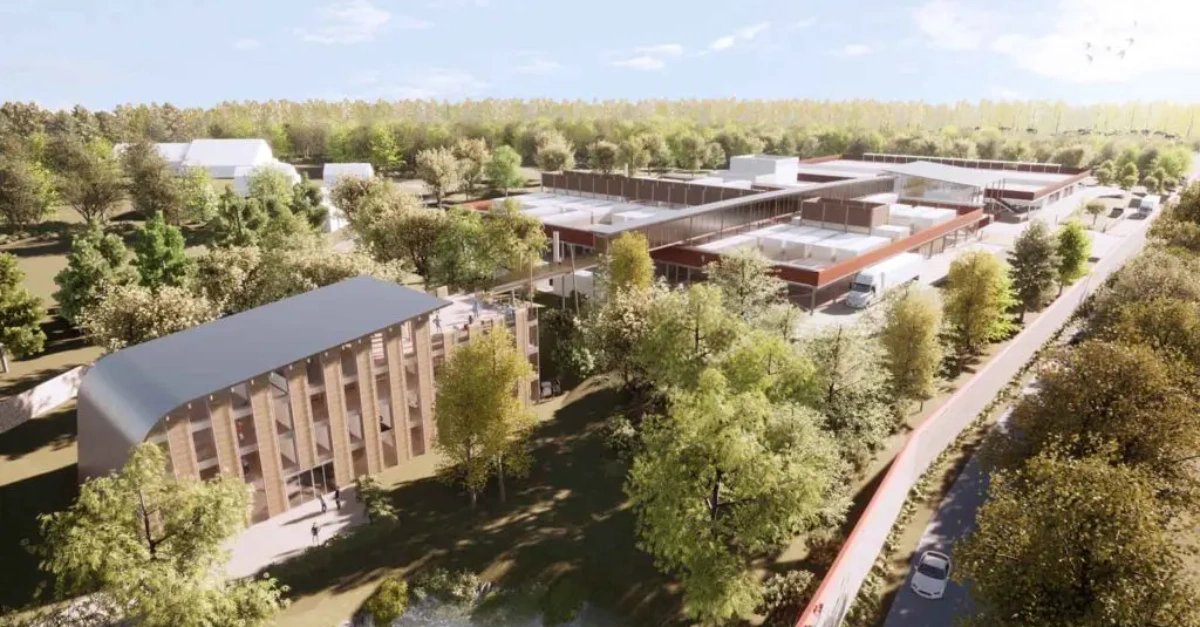Building high-density data centers to meet AI’s exponential demand
In today’s rapidly evolving technological world, the demand for high-performance computing (HPC) and artificial intelligence (AI) infrastructure is growing exponentially. Led by François Sabatino and backed by HPC Capital, Eclairion has taken the lead in meeting this demand. The company offers a modular, scalable data center platform which is designed to tackle the challenges inherent to AI and
supercomputing, such as electrical capacity and heat dissipation.
Unlike traditional cloud offerings which can struggle with these challenges, Eclairion’s AI Infrastructure Factory provides custom solutions which are both energy-efficient and highly secure. By integrating advanced direct liquid cooling (DLC) technologies, Eclairion minimizes energy consumption and optimizes performance for specialized tasks, all while reducing its carbon footprint. The company’s partnerships with renewable energy suppliers, including EDF and ENGIE, ensure the sustainability of its operations.
As the HPC market continues to expand, driven by the surge in AI, Eclairion has positioned itself as a leader by providing scalable and environmentally friendly infrastructure. Its modular approach provides companies, AI start-ups, and academic institutions with access to cutting-edge computing solutions which align with both performance and sustainability objectives.
What sets Eclairion apart within the HPC sector?
Arnaud Lépinois: Eclairion differentiates itself by offering highly personalized and integrated HPC infrastructure. Traditional colocation data centers typically offer standardized spaces for clients, but we provide custom-built machines tailored to specific tasks, such as AI and large-scale scientific simulations. We also offer vertical integration, managing everything from the chip to the cooling system; this enables us to optimize performance and energy efficiency at every level.
How does Eclairion’s infrastructure optimize energy efficiency?
François Sabatino: Our infrastructure is designed to be highly energy-efficient because we use direct liquid cooling (DLC) technologies. DLC is significantly more efficient at dissipating heat than traditional air-cooling systems, which means we can reduce our energy consumption and carbon footprint. By optimizing energy use in real-time through advanced algorithms, we can reduce operational costs and enhance overall system performance. Not only does this energy optimization benefit the environment, it also delivers superior performance for our clients.
What sustainability initiatives are in place at Eclairion?
Arnaud Lépinois: Eclairion takes a proactive approach to sustainability. In addition to using DLC to reduce energy and water consumption, we construct our facilities with bio-based materials and source renewable energy from partners such as EDF. Our facilities also incorporate heat reuse systems, which repurpose waste heat for other applications, further reducing our environmental footprint. In addition, we work to minimize disruption to local ecosystems and promote biodiversity during construction by planting native species and using closed-loop cooling systems which conserve water.

How do you ensure your energy consumption is fully decarbonized?
François Sabatino: We have a robust strategy in place for decarbonizing our energy consumption. We work with EDF in France, which supplies us with largely decarbonized energy from nuclear and hydroelectric sources.
We also use guarantees of origin to ensure the electricity we consume comes from renewable sources, such as wind, solar, and hydropower. On top of this, we are investing in renewable energy solutions, in partnership with companies like ENGIE, to produce clean energy on site.
What is your vision for Eclairion’s future?
Arnaud Lépinois: We see the HPC market growing significantly due to increasing demand for AI and advanced data processing capabilities. Our goal is to remain at the forefront of this expansion by continuously innovating and offering scalable, energy-efficient HPC solutions. We want to make advanced computing infrastructure more accessible to large companies, start-ups, and academic institutions, while maintaining our commitment to sustainability.

First published in Scope Spring 2024